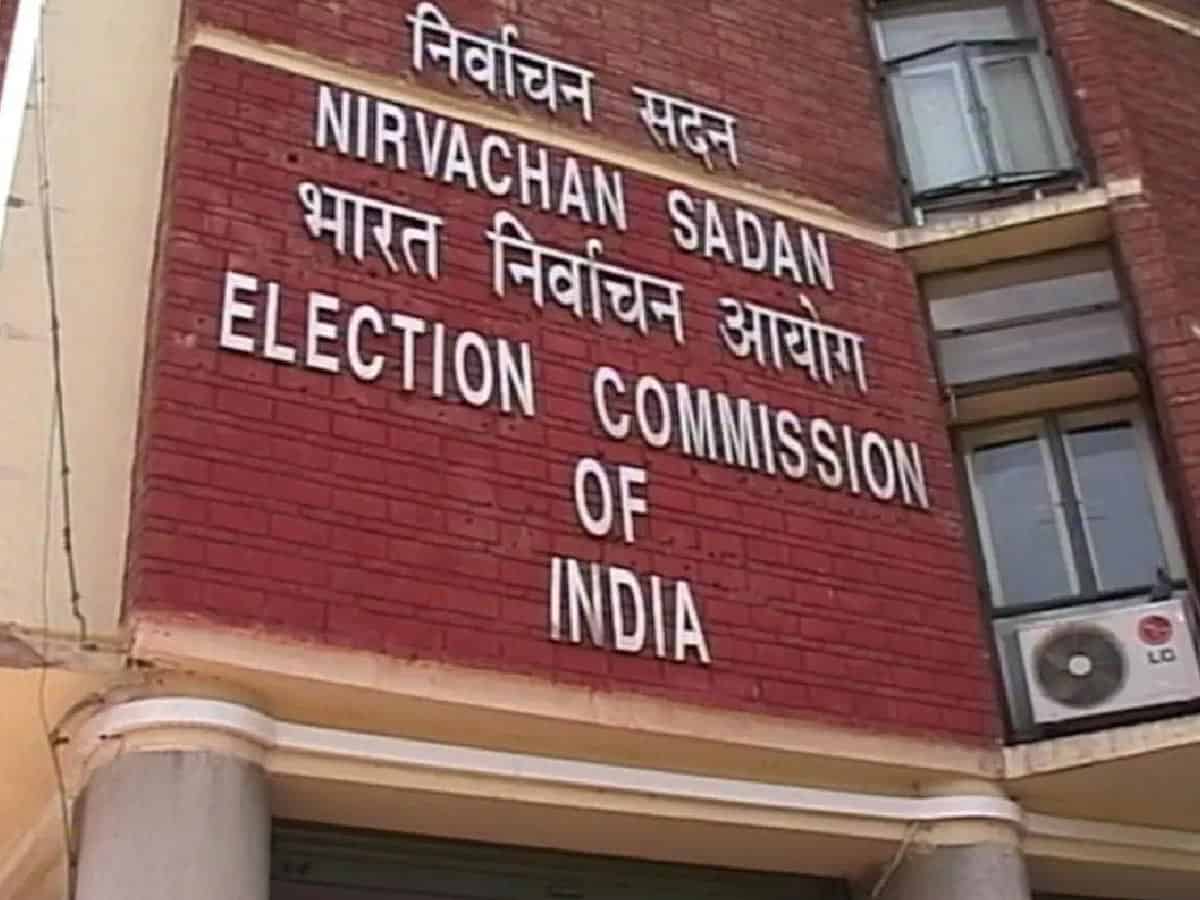
New Delhi: Former Union law minister M Veerappa Moily and ex-chief election commissioner S Y Quraishi on Wednesday supported a consultative mechanism to appoint the CEC and election commissioners, while another former head of the poll panel pushed for a body to appoint judges in the Supreme Court and the high courts.
On Tuesday, a constitutional bench of the Supreme Court questioned the absence of a law to appoint the CEC and ECs.
The top court had termed the exploitation of the “silence of the Constitution” and the absence of a law governing the appointments of ECs and CECs a “disturbing trend”.
The five-judge bench, headed by Justice K M Joseph, said its endeavour is to put a system in place so that the “best man” is selected as the CEC.
It told Attorney General R Venkataramani, who appeared in the matter on behalf of the Centre, “What is important is that we put a fairly good procedure so that apart from competence, someone of strong character is appointed as the CEC.”
Moily said he fully supported it.
“It has to be done. If you want both, the Judiciary and the Election Commission, to be independent, then it should be for six years (the tenure of the CEC) and it should be done (the appointment of CEC and the ECs) by a collegium which was recommended by me in the second Administrative Commission (report),” Moily told PTI.
Former CEC Quraishi said it has been “our demand” for the past 20 years.
“Serving CECs have been making this demand. We are familiar with the collegium system. Various appointments are made by collegium. It is politically most sensitive. CVC and CIC are not so politically sensitive …for director, CBI there is a collegium. He is the head of a department …it is an old demand and I hope there will be conclusion as the issue is before the court. Hopefully it (the top court) will clinch it,” he said.
Another CEC, who did not wish to be quoted, said “then there should be a body with the law minister and the leader of the opposition for judges appointment also.”
The court had flagged Article 324 of the Constitution, which talks about the appointment of election commissioners, and said it does not provide the procedure for such appointments. Moreover, the article had envisaged the enactment of a law by Parliament in this regard, which has not been done in the last 72 years, leading to exploitation by the Centre, it said.
Seeking to overturn the present collegium system, Parliament had passed the National Judicial Appointments Commission Act which was later struck down by the Supreme Court.
The law sought to set up a body to appoint Supreme Court and high court judges.
The 20th Law Commission headed by Justice A P Shah (retd) in its 255th report on electoral reforms submitted to the government in March, 2015 had recommended a three-member collegium to appoint CEC and ECs.
“Given the importance of maintaining the neutrality of the ECI and to shield the CEC and Election Commissioners from executive interference, it is imperative that the appointment of Election Commissioners becomes a consultative process,” it had said.
“To this end, the (Law) Commission adapts the Goswami Committee’s proposal with certain modifications. First, the appointment of all the Election Commissioners (including the CEC) should be made by the President in consultation with a three-member collegium or selection committee, consisting of the prime minister, the Leader of the Opposition of the Lok Sabha (or the leader of the largest opposition party in the Lok Sabha in terms of numerical strength) and the Chief Justice of India,” the panel had said.
The report said the Commission considers the inclusion of the prime minister is important as a representative of the current government.
According to the EC website, originally the commission had only a Chief Election Commissioner. It currently consists of Chief Election Commissioner and two Election Commissioners.
For the first time two additional Commissioners were appointed on October 16, 1989 but they had a very short tenure till January 1, 1990.Later, on October 1, 1993 two additional Election Commissioners were appointed.
The concept of multi-member Commission has been in operation since then, with decision making power by majority vote.
The President appoints Chief Election Commissioner and Election Commissioners. They have tenure of six years, or up to the age of 65 years, whichever is earlier.
They enjoy the same status and receive salary and perks as available to judges of the Supreme Court of India.
The Chief Election Commissioner can be removed from office only through impeachment by Parliament.



